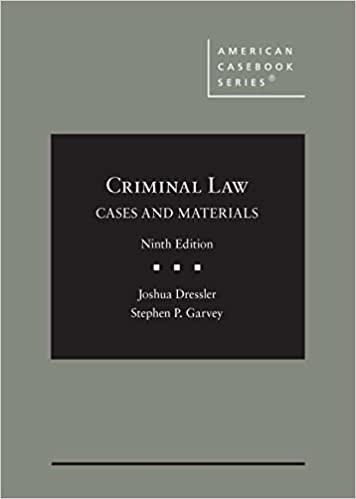Question
Business Organization 8.06 Principal's Consent (1) Conduct by an agent that would otherwise constitute a breach of duty as stated in 8.01, 8.02, 8.03, 8.04,
Business Organization
8.06 Principal's Consent
(1) Conduct by an agent that would otherwise constitute a breach of
duty as stated in 8.01, 8.02, 8.03, 8.04, and 8.05 does not constitute a
breach of duty if the principal consents to the conduct, provided that
(a) in obtaining the principal's consent, the agent
(i) acts in good faith,
(ii) discloses all material facts that the agent knows, has
reason to know, or should know would reasonably affect the
principal's judgment unless the principal has manifested that
such facts are already known by the principal or that the
principal does not wish to know them, and
(iii) otherwise deals fairly with the principal; and
(b) the principal's consent concerns either a specific act or
transaction, or acts or transactions of a specified type that could
reasonably be expected to occur in the ordinary course of the agency
relationship.
(2) An agent who acts for more than one principal in a transaction
between or among them has a duty
(a) to deal in good faith with each principal,
(b) to disclose to each principal
(i) the fact that the agent acts for the other principal or
principals, and
(ii) all other facts that the agent knows, has reason to
know, or should know would reasonably affect the principal's
judgment unless the principal has manifested that such facts
are already known by the principal or that the principal does
not wish to know them, and
(c) otherwise to deal fairly with each principal.
Comment TTT
b. In general. This section defines the circumstances under
which conduct of a principal is effective as consent to conduct by an
agent that would otherwise constitute a breach of the agent's duties
of loyalty.
Common-law agency does not accord effect to all manifestations
of assent by a principal that purport to eliminate or otherwise affect
the fiduciary duties owed by an agent. This is so for two distinct
reasons: (1) the law, and not the parties, determines whether a
particular relationship is one of agency as defined in 1.01; and (2)
the law imposes restrictions on the efficacy of a principal's manifes-
tations of assent in the interest of safeguarding the principal's
intention in creating a relationship of common-law agencyTTTT
Moreover, although a person may empower another to take
action without regard to the interests of the person who grants the
power, the law applicable to relationships of agency as defined in
1.01 imposes mandatory limits on the circumstances under which
an agent may be empowered to take disloyal action. These limits
serve protective and cautionary purposes. Thus, an agreement that
contains general or broad language purporting to release an agent in
advance from the agent's general fiduciary obligation to the princi-
pal is not likely to be enforceable. This is because a broadly sweep-
ing release of an agent's fiduciary duty may not reflect an adequate-
ly informed judgment on the part of the principal; if effective, the
release would expose the principal to the risk that the agent will
exploit the agent's position in ways not foreseeable by the principal
at the time the principal agreed to the release.
n contrast, when a principal consents to specific transactions or
to specified types of conduct by the agent, the principal has a
focused opportunity to assess risks that are more readily identifi-
able. Likewise, when a principal consents after-the-fact to action
taken by an agent that would otherwise breach the agent's fiduciary
duty to the principal, the principal has the opportunity to assess
what the agent has done with a degree of specificity not available
before the agent takes action.
QUESTION: What is the most reasonable explanation for why conflict-of-interest transactions are legal if disclosed?
Step by Step Solution
There are 3 Steps involved in it
Step: 1

Get Instant Access to Expert-Tailored Solutions
See step-by-step solutions with expert insights and AI powered tools for academic success
Step: 2

Step: 3

Ace Your Homework with AI
Get the answers you need in no time with our AI-driven, step-by-step assistance
Get Started


